Menu
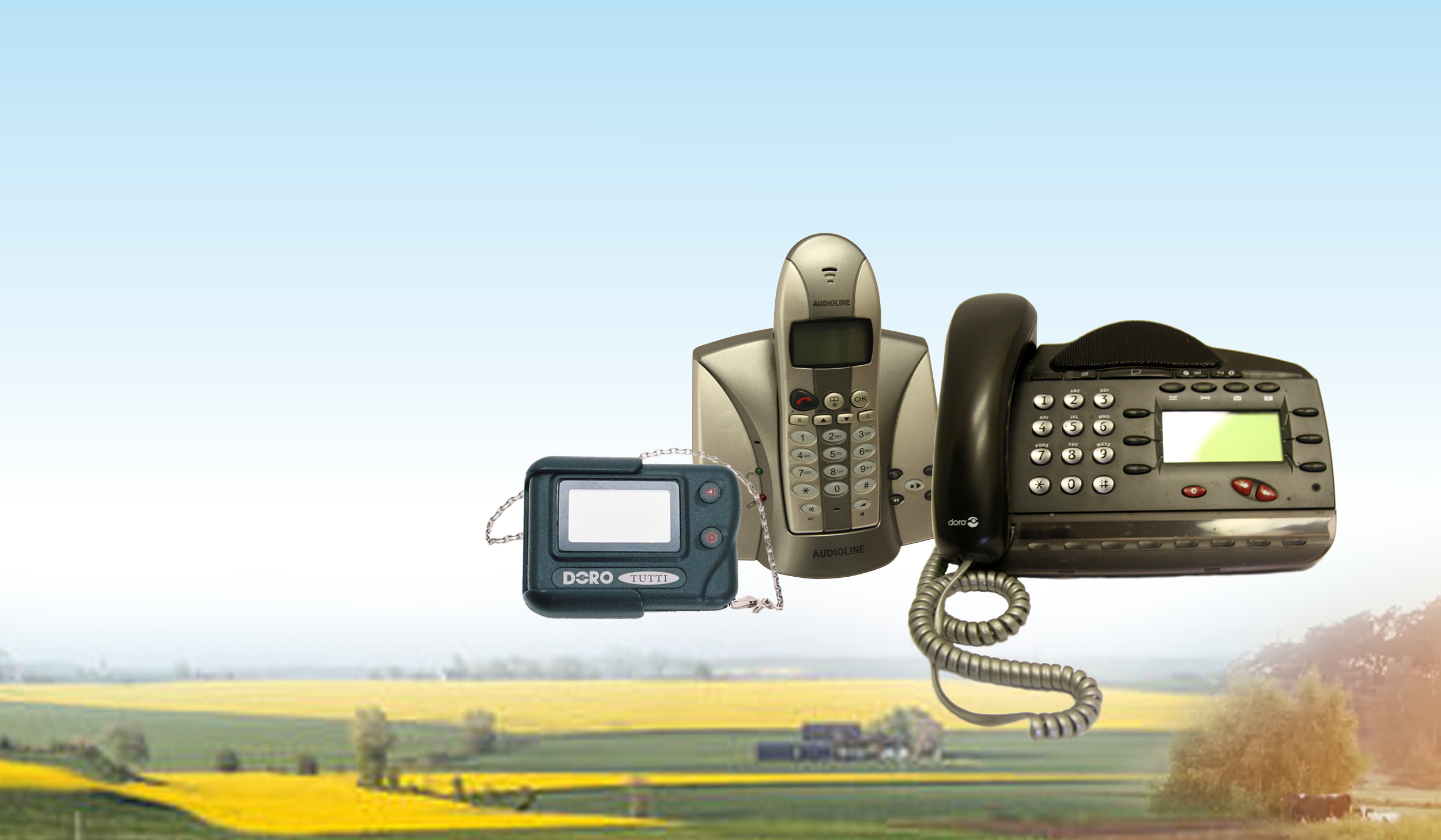
1991 - 2000
From start to finish, the nineties were a time of unpredictability. They began with a global recession and ended with fears of elevators and airplanes falling to the ground because of a notorious glitch called the Y2K bug. For Doro, it was a whirlwind time of expansion, growing from 40 million kronor in sales in 1989, to nearly 1.2 billion just ten years later.
The decade had gotten off to a particularly rocky start in Sweden, with property values plummeting, banks collapsing, huge layoffs and a massive outflow of currency. At one point in the autumn of ’92, the country’s central bank raised the interest rate to 500% before finally letting the Swedish krona float freely for the first time ever.
“It was basically a devaluation,” says Allan Mårtensson, then Sales and Marketing Director at Doro, “and it had a very negative impact on any businesses like ours that relied on imports. But there was an acceptance on the market for raising prices and we did it in time with 20% in the beginning of the crisis, which gave us a little breathing room.”
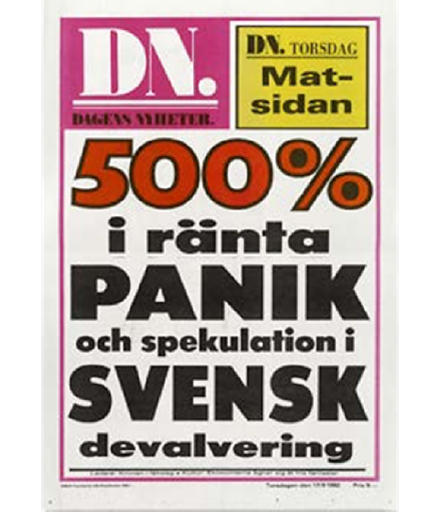
According to Allan, two more things happened around that time that would turn out to be hugely significant, especially since Doro was now also selling lower priced products targeting consumers. One was the dawn of a televised mail order business called “TV Shop.” The other was the rise of big home electronics retail chains in Sweden.
TV-Shop persuaded viewers to buy products demonstrated on the channel by offering special discounts if one called in during the broadcast. They also ran ads produced by popular TV characters from the eighties called “Solstollarna” on a sister channel.
“TV Shop had asked us to get them an answering machine to sell on the channel,” says Allan. “The next thing we knew Solstollarna had made a commercial with it.”
The spot featured a catchy jingle: “Do-ro, Passar alltid din telefon. Do-ro, oh oh Do-ro!” It ran repeatedly during commercial breaks for other TV shows, and Swedes today still remember it.
“It was free TV advertising,” says Allan. “People either loved it or hated it, but they all remembered the name ‘Doro’. Retention rate was extraordinary, over 90%!”
The other key development came when radio and television retail chains like Onoff and SIBA began adding computers and telephony to their ranges and grew to become a big consumer electronics players. According to Allan, Onoff, SIBA and other home electronics chains gave a huge boost to Doro’s sales which now included low-price answering machines for the home as well as corded and cordless phones in a variety of colours and styles.
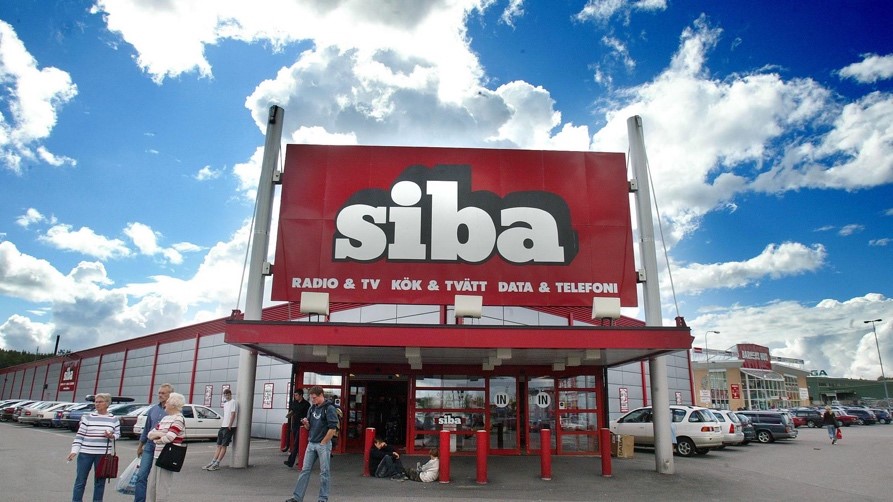
How significant were TV Shop and the home electronics chains? It’s hard to say exactly, but from 1992 to ’93 Doro’s sales doubled, as did profit, and “Doro” became a household name in the process. Not bad considering Sweden’s economic woes.
Midway Holding, who had owned Doro since 1990, announced it would be taking the company public in the autumn of ’93. The Initial Public Offering on the Stockholm Stock Exchange was for 75% of the shares. The remaining 25% were sold in the spring of ’94. Analysts at the time wrote that the coming years looked bright for Doro as its markets were in an expansive phase.
“It felt like we became even more respectable,” says Allan. “It was good for our retailers and created a sense of pride among our employees.”
Doro also bought its partner in Norway, Target A/S, that year. CEO Claes Bühler was becoming a familiar face in the business press and more acquisitions were just around the corner – in Denmark, as well as in Finland where a small B2B company selling PBX exchanges was acquired. Then Claes came across a company in England called Audioline, owned by the businessman, Harry Moss.
“Audioline had subsidiaries in Australia and Switzerland plus an office in Hong Kong,” says Claes. “It was a bigger company than ours but felt to me like a copy of Doro. I just thought it would be pretty fantastic if we could merge the two. So I called Harry Moss. Then I went to see him.”
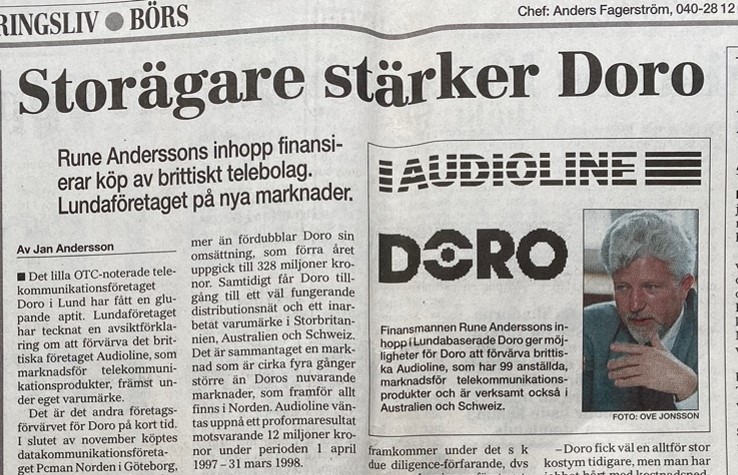
Eventually, in 1998, Claes convinced Harry to sell despite a last-minute change of heart that nearly derailed the deal. The deal was financed with the help of the well-known industrialist, Rune Andersson. It proved to be one of the most significant acquisitions in Doro’s first 25 years of business. Suddenly Doro had access to an R&D department located in the UK, as well as an established trading and sourcing operation in Asia. Turnover jumped from just over 370 million kronor the year before to 1 billion, then climbed to nearly 1.2 billion in ’99.
The year 2000 finally arrived as the world held its breath to see what, if anything would go haywire or crash to the ground. Thankfully, nothing did. Planes and elevators lifted and landed just as they always had. By the time we woke up in this new century, hundreds of billions of dollars had been spent to cleanse banking and government computers of Y2K glitches that many speculated could have cast the world into chaos. And while most of us could breathe a collective sigh of relief, for Doro, it was quite the opposite.
But that’s another story.
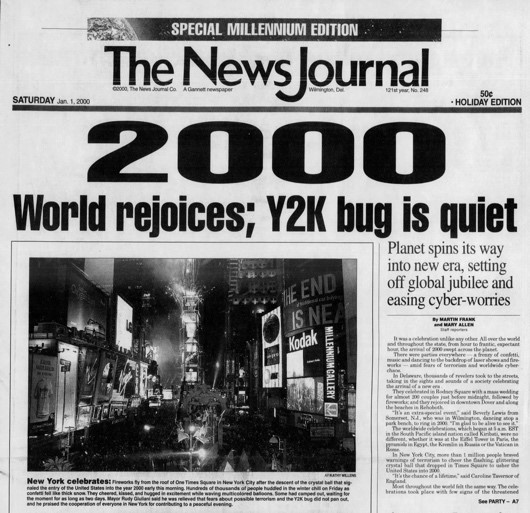
Copyright © 2025 Doro AB. All rights reserved